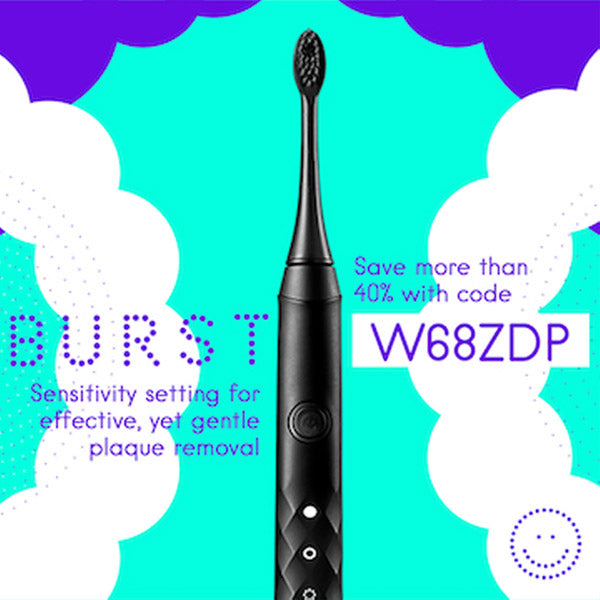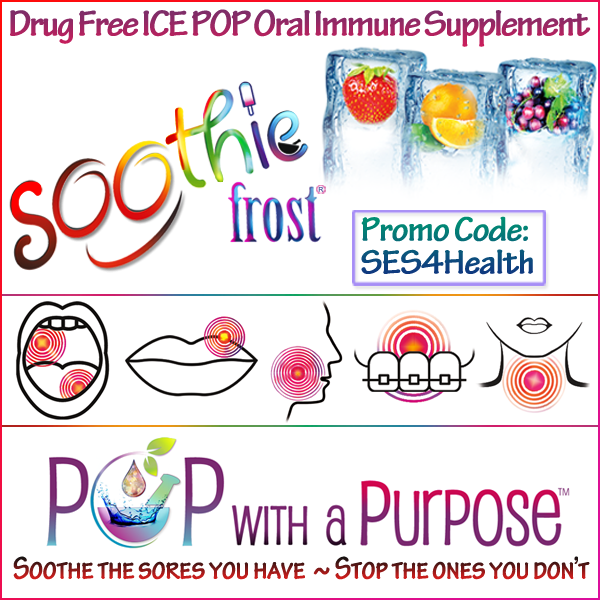Delivering Smiles: How enterprising hygienists are improving oral health outside the practice

What an honor was to be interviewed for the, "Delivering Smiles" article in the July/August 2023 edition of Inside Dental Hygiene Magazine. Many thanks to Fred Michmershuizen, Senior Project Editor, for the interview!
Inside Dental Hygiene
August 2023
Delivering Smiles
How enterprising hygienists are improving oral health outside the practice
Fred W. Michmershuizen
Many people are unable to visit a dental practice for routine oral care, often due to factors such as economic status or geographic barriers. But these patients—there are many millions of them, in fact—still need and deserve care. The good news is that there are many settings in which dental hygienists can provide treatment outside the practice. These alternative hygiene solutions can include options like mobile dentistry, pop-up clinics, volunteering for mission trips, and even providing house calls. In addition, high-tech possibilities, such as at-home wellness tests and virtual patient consults via the internet, can improve access to care as well.
The Centers for Disease Control and Prevention reported that in 2022, 35.9% of adults in the United States had not received a dental exam or cleaning in the past year and that in 2019, 13.1% of children had not had a dental visit in the past year.1 Furthermore, a report published by CareQuest Institute for Oral Health estimated that 76.5 million adults in the United States lack dental insurance, and those aged 60 and older were found to be the most likely to be uninsured. The report also found that 25% of those with Medicare said that their dental coverage was insufficient to maintain oral health.2
These—and similar—statistics paint a bleak picture; however, with a bit of creative thinking and ambition, delivering smiles to more people is still achievable. Take Jennifer Geiselhofer, RDH, for example. This forward-thinking caregiver has taken her show on the road—literally—with a mobile dental hygiene practice, Dental At Your Door, based in the Denver, Colorado, area. It all started in 2009, when Geiselhofer was working at a dental practice and one of her patients asked if there might be a way for her bedridden spouse to receive hygiene care at home. With the encouragement of her employer at the time, Geiselhofer gathered some equipment together and made a much-appreciated house call. That experience, plus a day she spent volunteering at a large local charitable event, inspired her to launch what would become a thriving, mobile-based hygiene practice.
Today, Geiselhofer has a staff of five, two vans, a website, contracts with facilities, and a mission—to provide high-quality preventive oral care to patients who are unable to receive such care in traditional settings. Dental At Your Door offers pop-up care in homeless shelters, domestic violence shelters, residential substance abuse treatment facilities, and long-term care facilities. They even visit private homes to treat patients with mobility challenges or receiving hospice care. To care for underserved patients who do not receive federal or state assistance, Geiselhofer also founded a separate venture, Deserving Dental, a 501(c)(3) nonprofit organization. Deserving Dental allows for all patients living below the poverty level to receive free care regardless of state assistance or their ability to pay. Because many of the patients have not been to a dentist in many years, 90 minutes are allocated for each appointment. Treatment is thorough and includes preventive and therapeutic care ranging from prophylaxis to intense scaling and root planing with local anesthetic, digital x-rays, silver diamine fluoride (SDF) to obliterate decay, interim therapeutic restorations (ITRs), exams, and oral cancer screenings. Those who need advanced care are referred to a network of willing dentists, specialists, and medical providers.
"It is a very strict hiring process to become a hygienist with Dental At Your Door and Deserving Dental because we need hygienists who have advanced care credentials, are meticulous clinicians, are able to problem solve without a dentist, and are skilled with trauma-informed care," Geiselhofer says. "We are faced with the most clinically challenging patients a hygienist will ever have in their career, often those who have not had their teeth cleaned in decades. You have to be proficient at administering local anesthetic, and then, of course, you need to have your license to place ITRs. We need hygienists who can practice at the tip-top of their scope."
Not all hygienists are able to care for patients the way Geiselhofer does, in large part because many states do not permit hygienists to own their own practices. Geiselhofer is based in Colorado, one of only two states—Oregon is the other—in which dental hygienists are permitted to own their own dental hygiene practice, accept direct reimbursement from insurance, and provide a dental hygiene diagnosis. Currently, 42 states (and counting) now allow some form of direct access for dental hygiene services, but each state has different parameters and requirements, which is why it's very important to understand each state's laws.3-6
"I wish that every state allowed the autonomy that Colorado has, so that hygienists could reach so many more of these deserving patients who are not getting care," Geiselhofer says.
That said, other dedicated hygienists, no matter what state they are in, are not deterred from championing the oral healthcare needs of the underserved. Many who hold traditional day jobs in dental practices occasionally donate their services by volunteering at pop-up clinics held throughout the country. Many others go on charitable mission trips, many of which are held outside the United States.7 Quite a few other enterprising hygienists have turned their passion for serving vulnerable populations into full-time careers. Crystal Spring, BDSH, RDH, LAP, for example, runs Smiles Across Montana, an organization that focuses on delivering care in health provider shortage areas, known as HPSAs. Other hygienists have become full-time educators, including Angie Stone, RDH, BS, who has provided education and resources intended to improve the lives of dependent adults and currently is educating on reducing the risks of Alzheimer's disease.8,9 Another hygienist-turned-educator, Jill Meyer-Lippert, RDH, founded Side Effect Support, a company that provides products, information, and resources geared toward oncology patients.
Meyer-Lippert launched her venture in part because of personal experience. Her mother was diagnosed with breast cancer and faced numerous challenges related to her own oral health. Today, an important way Meyer-Lippert reaches new patients is by educating oncologists, some of whom may be unaware of the urgent need for their patients to address oral health before cancer treatments commence. "There is still such a disconnect between the medical and dental fields," Meyer-Lippert says. "I am having too many patients tell me that nobody mentioned a general oral exam before they started treatments, much less making sure they did not have caries or infection."
Using Technology to Reach Patients
The patients Meyer-Lippert focuses on often have urgent needs, which necessitates reaching out to them in innovative ways. One resource that Meyer-Lippert partners with is The TeleDentists, a virtual service that offers patients the ability to consult with dentists in 10 minutes or less, 24 hours a day, via their smartphones, tablets, and home computers.





